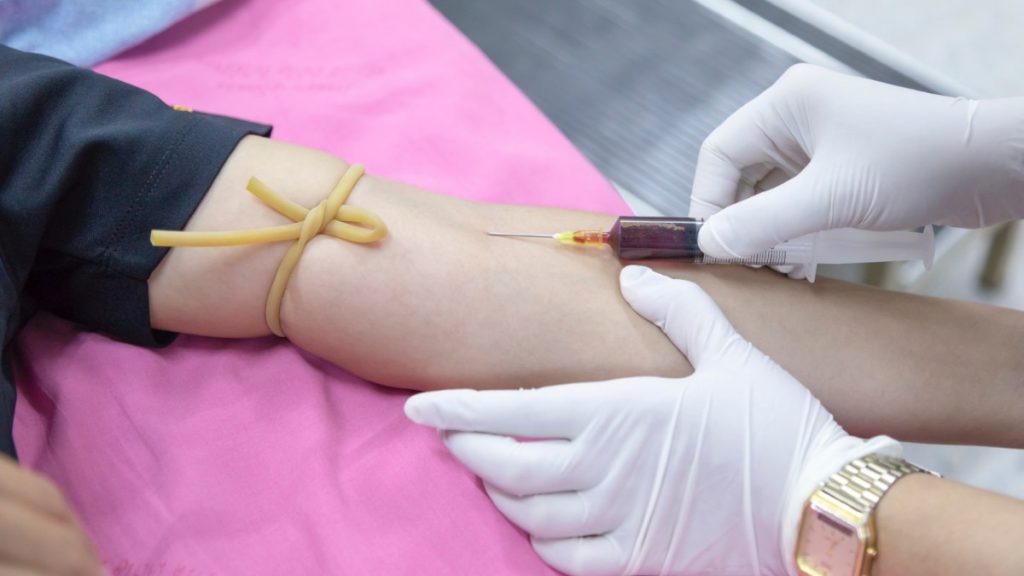New Delhi: The convalescent plasma therapy is no ‘magic bullet’ to deal with coronavirus. Only large-scale controlled trials can ascertain its efficacy as part of the treatment strategy said medical experts Monday. Their comments came after several states said they are considering the use of the therapy to treat critically-ill COVID-19 patients.
Plasma therapy involves taking antibodies from the blood of a person who has recovered from COVID-19. Then those antibodies are transfused into an active coronavirus patient thereby strengthening the immune system.
The Health Ministry last week has warned against the use of plasma therapy. It said that the plasma therapy for treatment of coronavirus patients is at an experimental stage. The process has the potential to cause life-threatening complications.
However, some state governments, including Rajasthan, Punjab, Maharashtra and Delhi have shown keenness for plasma therapy treatment. The Centre has permitted few states to perform plasma therapy on a limited number of COVID-19 patients.
No ‘magic bullet’
Top medical experts said it should not be looked upon as something that could make a ‘huge difference’ in the treatment of COVID-19.
“It is just one part of the treatment strategy. It helps improve the person’s own immunity by giving what we call passive immunity. The antibodies in the plasma enter the blood and try to help fight the virus in the afflicted individual. It is not something which will dramatically make a difference,” said Dr Randeep Guleria, Director of AIIMS. “Only on few patients plasma therapy has been successful,” he added.
There is no study to suggest that ‘it is a magic bullet’ or it will make a dramatic difference. It is part of the armamentarium of treatment that physicians have along with other drugs, the senior pulmonologist said. Research should be done on a multi-pronged treatment strategy and should not be focused on only one strategy, the AIIMS Director said.
Out of box measures required
Dr Vivek Nangia, director Pulmonology, MICU and Sleep Disorders, Fortis Hospital had a different view to offer. He said the therapy is only in the experimental stage. However, plasma therapy is promising as there is a clinical knowledge involved. Also some experiments and past experience behind it having been used for SARS and H1N1 epidemics.
“Dire circumstances require desperate measures. You need to have an out of the box thinking and plasma therapy is one of those measures. When nothing else is working you want to try this, there is no harm. It has its pros and cons,” Dr Nangia pointed out.
These expert views come amid lack of definitive evidence in favour of or against the use of the convalescent plasma therapy.
Effectiveness of plasma therapy
As per reports, a patient who was administered plasma therapy for the first time at a private hospital here was cured. However, the first person to undergo plasma therapy in Maharashtra had died in Mumbai.
Chief minister Arvind Kejriwal had said last week that the Delhi government will not stop clinical trials of plasma therapy. He had pointed out that the ‘initial results’ are good.
Rajasthan Chief Minister Ashok Gehlot said Sunday that the Indian Centre of Medical Research (ICMR) has permitted plasma therapy. He said the state will start plasma therapy on COVID-19 patients immediately. Maharashtra will also continue with plasma therapy despite the Union Health Ministry warning.
Large-scale trials required
Professor Rajesh Malhotra, Chief Trauma Centre AIIMS, however, did not appear very keen on plasma therapy. He said, there is no concrete evidence of convalescent plasma therapy’s usefulness.
“It essentially relies on the assumption that the body fires up its resistance in the form of chemicals called antibodies. But there has not been any large-scale trials to back the theory,” Malhotra said.
Dr Pankaj Kumar, a doctor at Fortis also expressed the same opinion. He said trials till now are too small to clear doubts about the therapy. Hence large-scale trials should be done.
“Theoretically speaking it should be helpful because we are taking the antibodies from a person who has had the infection. But it is still experimental… we have to weigh the risks and benefits,” Kumar said.
Agencies
